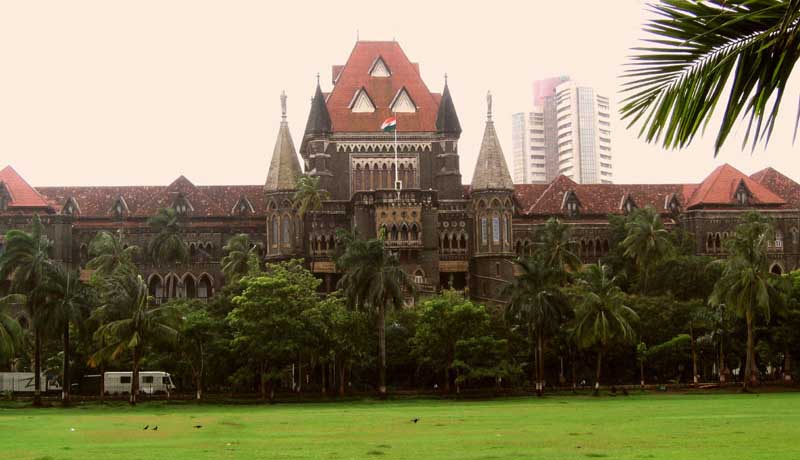Provisions of Limitation Act applies to Sales Tax Matters also; The State, Being an applicant is Subject to S. 5 of the Limitation Act: Bombay HC [Read Judgment]

Delhi High Court – Commissioner – taxscan
Delhi High Court – Commissioner – taxscan
The High Court of Bombay in a recently dismissed an applications filed by the State for condoning delay of 2288 and 548 days, by observing that section 5 of the Limitation Act is applicable to the State also. The division bench further observed that the State is bound to fulfill the condition of proving “sufficient cause” while filing delay petitions.The Court further held that though the provisions of MVAT is silent about the power of Courts to entertain delay condonation petitions, the High Court is empowered to condone delay in filing MVAT appeals as per the provisions of Civil Procedure Code which confers inherent powers upon the High Court.
Coming to the facts of the case, the Revenue filed appeals against the orders of Maharashtra Sales Tax Tribunal along with the applications praying for delay condonation. The cause for delay as shown by the Revenue in their application was that it was due to various factum, especially related to procedural mandate in Government functioning, which were not in the control of the Applicant-Appellant.
While opposing theseapplications, the Respondents maintained that the “cause” stated by the Revenue for delay of nearly 2 and 6 years are not satisfactory or sufficient. They further challenged the jurisdiction of High Court to condone the delay in filing appeals and contended that section 5 of the Limitation Act is not applicable in cases relating to Maharashtra Value Added Tax Act. According to them, there is no express provision in the Act which allows the Court to apply the provisions of Limitation Act in sales tax matters.
The High Court analysed the provisions of MVAT Act and held that “the provisions of this Section are clear to the effect that the Appellate Authority under Section 26 of the Act, namely, the Tribunal, is having the power of extending the period of limitation, if the Appellant makes out a sufficient cause for the same. Needless to state that, when the Appellate Authority, like the Tribunal, which is not a Court, is having such power of extension of period by condoning the delay in preferring the Appeal, the High Court, which is having the plenary and inherent powers, can hardly be said to be bereft of such power for condonation of delay. Once the Code of Civil Procedure, 1908 in so far as relating to Appeals applies to the subject Appeals, then, it is rightly conceded that this Court can condone the delay in filing Second Appeals. The provisions in so far as maintainability of the Second Appeals in this Court applies to the MVAT Appeals in this Court. Therefore, Order XLI Rule 3A of CPC would apply conferring power in this Court to condone the delay in filing MVAT Appeals beyond the prescribed period.”
Further, while deciding the issue i.e, whether the application for delay condonation filed by the State is maintainable, the Court observed that the delay can be condoned if the applicant proves that there exists a “sufficient cause” for such delay. Regarding this, the Court held that the Applicant-Appellant has miserably failed to make out such sufficient cause in all the three applications.
While rejecting the applications, the Court further opined that “We are also aware that certain amount of latitude in cases where Government is a litigant, is not impermissible, as the State represents collective cause of the community and what ultimately suffers is public interest, necessitating adoption of pragmatic approach to do substantive justice. However, in case of gross delay and inaction, it becomes difficult to put a State on high pedestal, so as to be immune to the consequences of the inaction. No separate standards to determine the cause laid by the State vis-a-vis private litigant could be laid to prove sufficient cause. Merely because applicant is a State, delay cannot be condoned without a proper explanation as Section 5 of the Limitation Act is equally applicable to the State as well.”
While concluding the Court added that, “as a matter of fact, the Government, being the largest litigant, has to be a model and ideal litigant. The sheer and gross negligence on the part of the Government in preferring such Appeals cannot be condoned in this manner, as a routine or as a right of the Government, and that too to unearth the cause which is already set at rest.”
Read the full text of the Judgment below.


